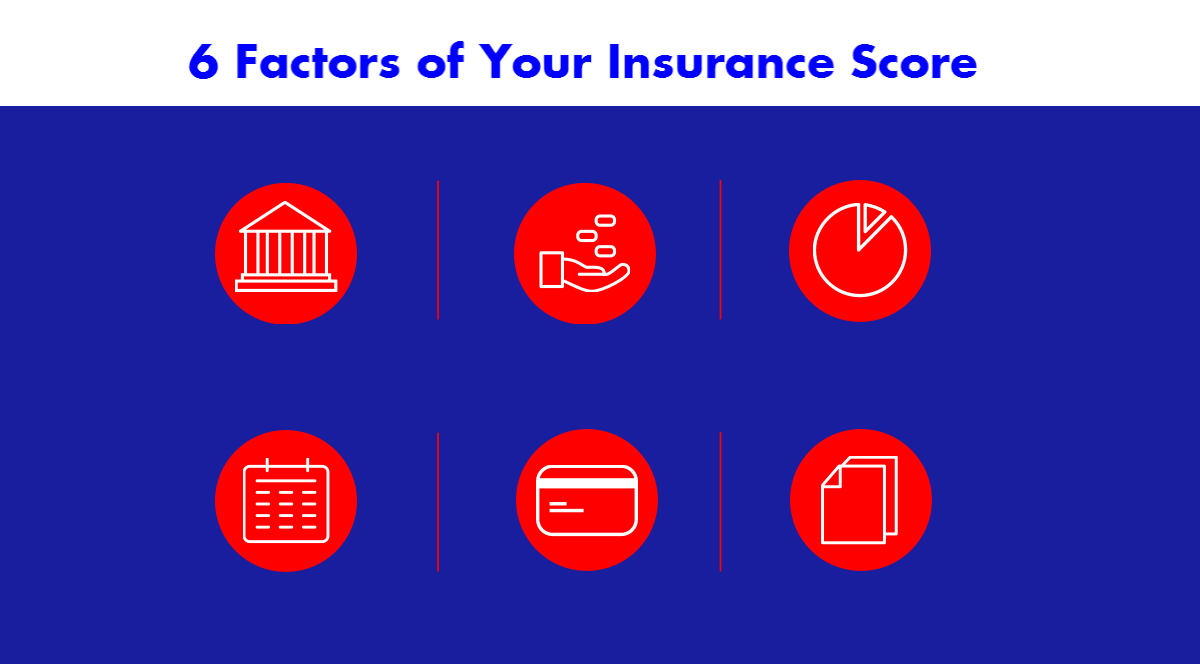Simply Insurance 101: How Your Credit Affects Your Insurance Score

After receiving an online insurance quote for your auto, home, or package policy, the premium estimate may look like a random number, but it is anything but. Many factors go into determining the cost of your insurance. The make and model of your car, the size of your house, the type of home you own, the deductibles you select, your coverage limits, your accident or claim history, and your credit history all play a role. Credit history is a factor that many people do not understand. We often hear the question, "What does my credit have to do with insurance?”
The answer is pretty straightforward. How you handle your credit is an accurate predictor of future claim filing. In many cases, a positive credit history leads to lower insurance costs! Your credit history is transferred into an insurance score, which provides an objective decision making tool for insurance providers.
An insurance score provides an assessment of your insurance risk at a particular point in time. The score is developed from specific credit information that reflects credit management patterns, such as collections, bankruptcies, outstanding debt, length of credit history, types of credit in use, and the number of new applications for credit. Keep in mind that insurers are only interested in how well you handle your assets—not how much money you make or whom you owe.
Numerous independent studies have proven that there is a strong connection between an individual’s insurance score and the likelihood of that person filing a claim. So, if you are less likely to file a claim, shouldn’t you pay less for your insurance? We think so too!
An insurance company that cares about you and insuring the things you wish to be insured.
Get a Quote> Find an Agent>

